Electronic Visa Processing 101: Essential Things You Need to Know
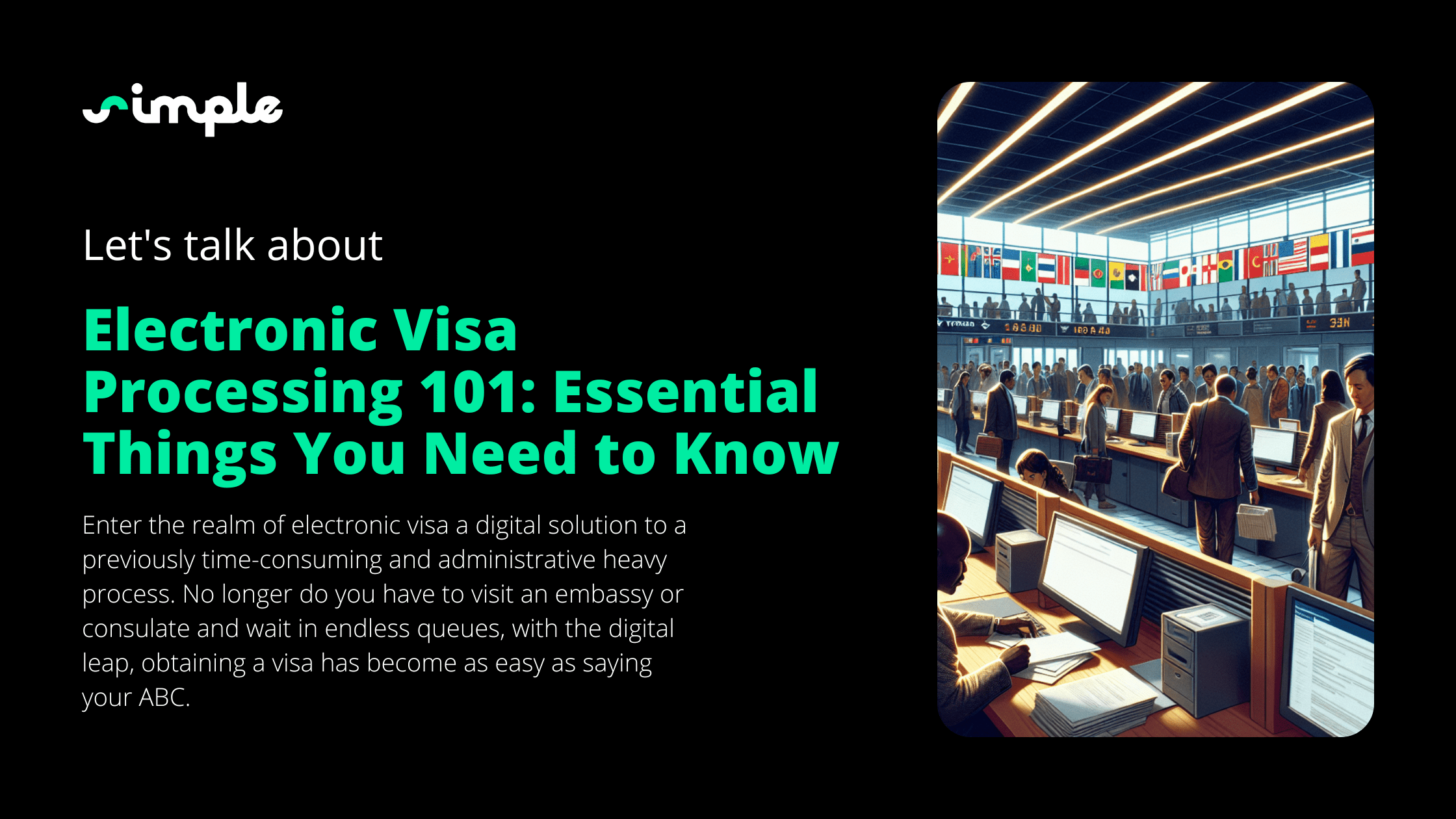
An exponential rise in technology has influenced every sector of our life and it comes as no surprise that it has also significantly streamlined the visa application process. Enter the realm of electronic visas – a digital solution to a previously time-consuming and administrative heavy process. No longer do you have to visit an embassy or consulate and wait in endless queues, with the digital leap, obtaining a visa has become as easy as saying your ABC.
As we inch closer towards a predominantly digital world, it has become imperative to understand the accessibility and flexibility electronic visa processing provides. It’s not merely about meeting the demands of travelers for a quicker, more efficient process – it’s about harnessing the convenience of technology in today’s fast-paced techno-centric world.
To truly appreciate the revolution brought about by electronic visas, we need to comprehend its process, its benefits, and how it’s shaping the future of global travel. As the world shrinks digitally, understanding electronic visa processing is akin to holding a global travel pass right at your fingertips. Read on to navigate the digital maze of electronic visa processing and equip yourself with necessary knowledge this system puts at your disposal.
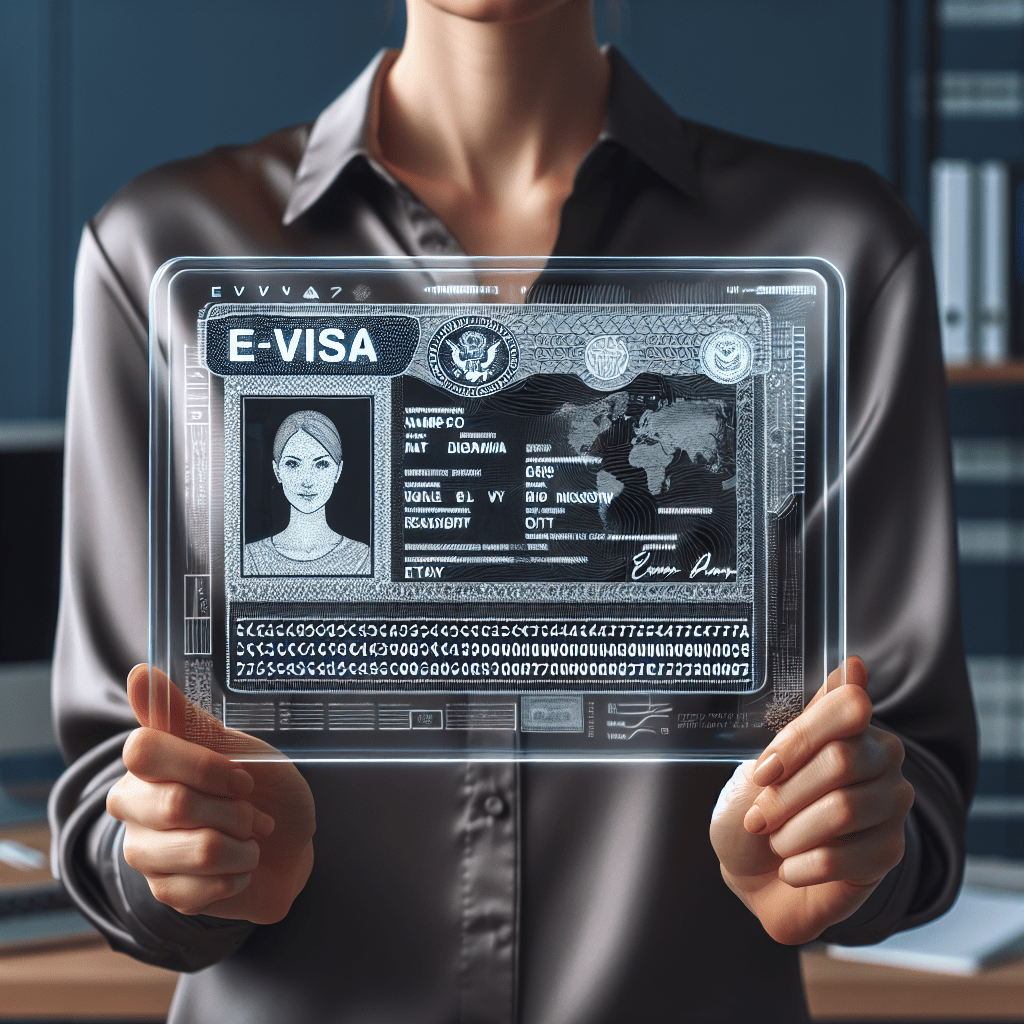
Detailed Understanding of Electronic Visa
Definition and description of electronic visas
An electronic visa, frequently referred to as an e-visa, is a digital visa that allows individuals to apply online through an online visa portal for travel authorization. Complete with its digital nature, the entire process from application to issuance is handled via online platforms. This form of visa ditches conventional physical paperwork, translating the entire process into a virtual one.
Teeming with its seamless process, the electronic visa system has reshaped the vista of international travel. Customarily, applying for a visa meant an obligatory visit to the embassy or a consulate. With technology spearheading the change, an online visa application has eased the way individuals traverse across borders. Not only does it save considerable time and effort, but it also ushers in the flexibility to apply anywhere, anytime. A stable internet connection is all one needs to embark on their journey across countries.
Categories of electronic visas
A multitude of variables such as travel reasons – may it be tourism, business, or transit along with the tenure of stay, citizenship, and destination country – determine the category of an electronic visa one needs. For instance, a common type is the electronic tourist visa meant for individuals traveling for leisure or a short visit.
The individual conditions of each person are fundamental in determining the type of visa they would require. Variables such as age, nationality, and purpose of visit can influence which category of e-visa is granted. For instance, certain countries even demand an electronic travel authorization for transit passengers.
The workings of electronic visas
Navigating through the workings of electronic visas include an array of steps starting from application to the final visa electronic approval. Post-submission of the visa application online along with necessary documentation, the system runs an extensive check before granting approval.
A pivotal concern resonates with security and privacy. However, electronic visa systems are engineered with robust security frameworks ensuring applicant data protection. The entire process is web-based, minimizing physical interaction and thus providing an additional layer, securing the applicants’ personal information. This innovative digital visa service clubs efficiency with security ensuring a stress-free application process for its users.
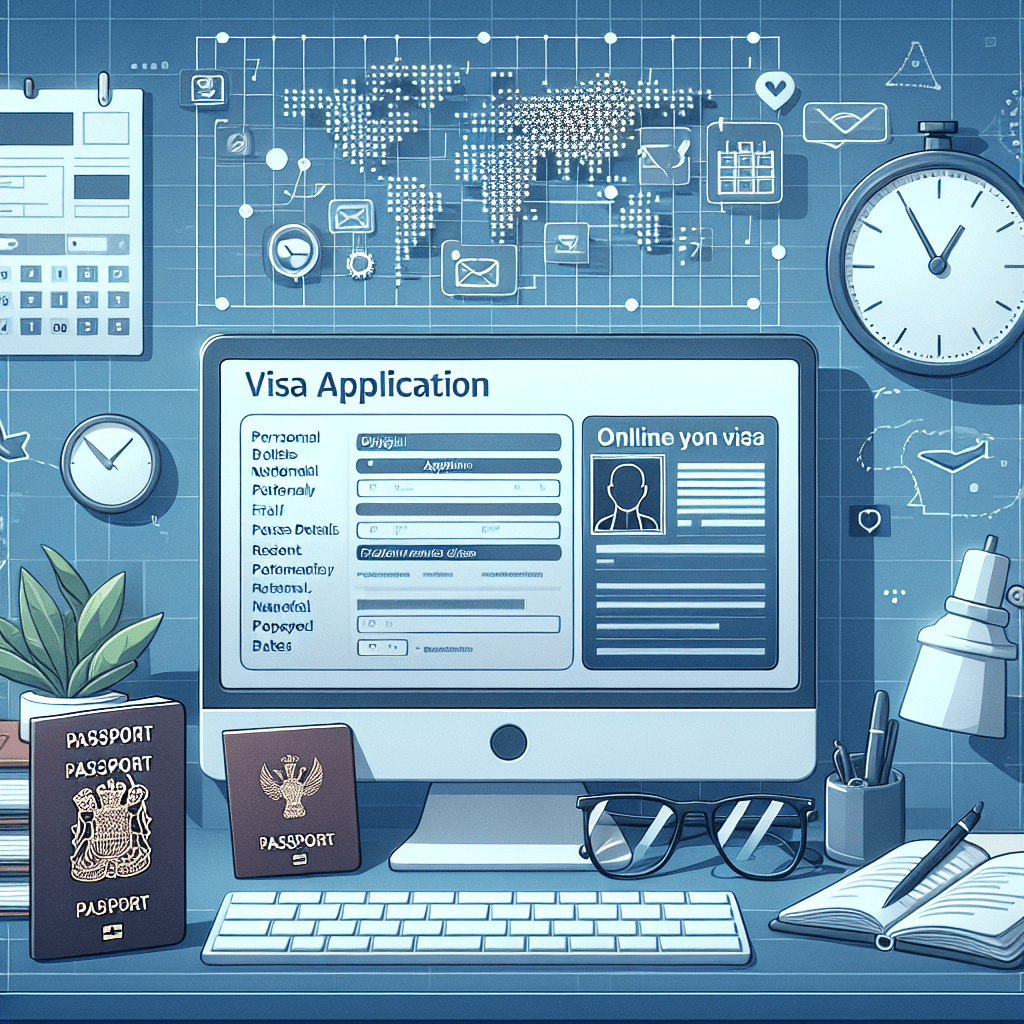
Benefits of Electronic Visa Processing
The convenience factor
One of the most obvious benefits of an online visa application is its sheer convenience. Applications can be made from any place with a reliable internet connection, eliminating the need for physical presence at a consulate or embassy. A procedure that once required in-person appointments and long waiting periods has transformed into a simplified, streamlined process. Completed within a few mouse clicks, an e-visa application brings the entire visa process to your doorstep, or rather your computer screen.
Moreover, the electronic visa system has drastically reduced processing times. Traditional visa applications could take weeks or even months from submission to approval. With visa electronic approval, this has been truncated to mere days or, in some expedited cases, hours. The speed of internet visa processing offers spontaneity, enabling last-minute plans without the worry of visa delays.
Economic Advantages
Aside from convenience and speed, applying for an electronic visa also provides significant economic advantages. Traditional visa processes involved several administrative steps, all of which incurred costs. From logistic charges to overhead costs, the price of visa processing was often high. This has changed with digitally issued visas. The digital nature of an electronic visa leads to considerable cost effectiveness, as the expenses of a physical administration fade away. The savings are then passed on to the applicants, making travel more affordable.
The use of internet visa processing also reduces bureaucratic costs and erroneous transactions due to oversights or miscommunication. Consulates and embassies save valued resources while improving efficiency, thus leading to a more cost-effective and proficient system.
Global Perspectives
From a global standpoint, electronic visas have made international travel more accessible. As countries adopt the electronic visa system, this paves way for effortless border crossings, sharing cultural exchanges, and increasing global connectivity. The ease and affordability brought in by electronic visas have led to a noticeable uptick in international travel, fostering global understanding and cooperation.
In essence, the shift to online immigration services has had a profound impact on global travel trends and statistics. More people are encouraged to travel internationally, knowing that the tedious visa process is no longer a deterrent. This surge in travelers reflects the potential of electronic visas to boost tourism revenues while promoting cultural exchange across borders.
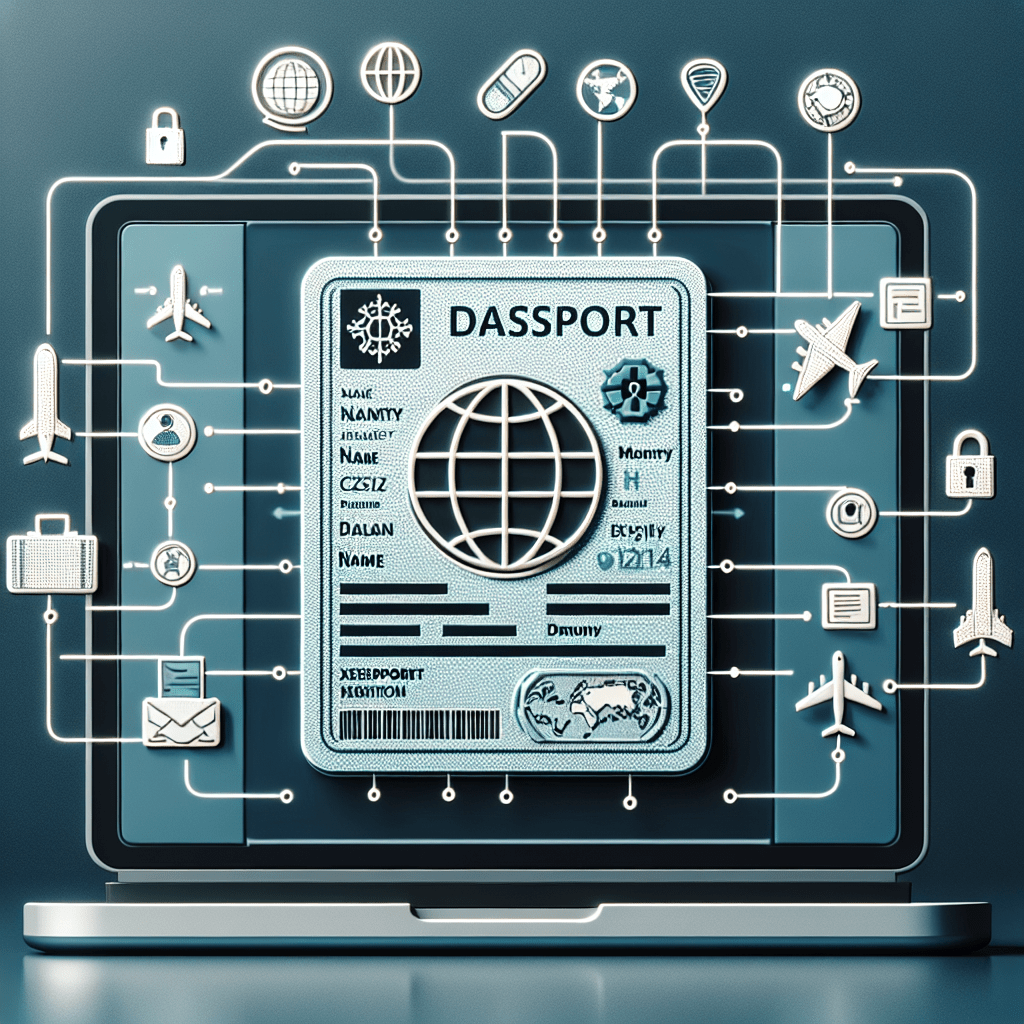
Precautions in Electronic Visa Processing
Safeguarding Personal Information
As with any online procedure, it’s crucial to prioritize safety while proceeding with an online visa application. Applying for an electronic visa requires submitting a range of personal information from basic identification data to address and sometimes even financial information. Therefore, ensuring you are using a secure online platform for your e-visa application is critical.
There are a couple of precautions to ensure data privacy while navigating the electronic visa system. First, ensure the online visa portal you are using is official and has secure socket layer (SSL) encryption. This is generally indicated by the presence of ‘https’ in the URL. Secondly, refrain from applying for visas on public or shared computers and networks to mitigate risks of data breaches. Finally, do not provide information on sites that do not have clear, visible privacy policies to protect user data.
Avoidance of Visa Frauds
Just as technology has made visa applications easier, it has also spawned several online scams targeting unsuspecting travelers. Common electronic visa scams range from fraudulent emails claiming to expedite visa processing for an additional fee to fake websites mimicking official government websites. Identifying and steering clear from such scams is crucial.
A few guidelines to help avoid common traps include never engaging with unsolicited emails pertaining to visas and always confirming that the site you are using to apply for your visa is the official government or an authorised agency website. Be wary of sites that promise instant e-visa application results or charge highly inflated fees. Remember, if something sounds too good to be true, it probably isn’t.
Ensuring Approval of Electronic Visas
While digital visa service has made application easier, it’s important to remember that approval is not guaranteed. The successful issuance of an electronic visa depends on several factors including the accuracy of provided information, the traveler’s background, and the specific visa rules of the destination country.
To increase the chances of visa electronic approval, always ensure the accuracy of data provided during the application process. Pay attention to the detail of the information asked in the form and provide complete and authentic information. Not only does this reduce the risk of your application being rejected, but it also safeguards you from potential legal issues. Always remember – responsible practices enhance the chances of a successful application.
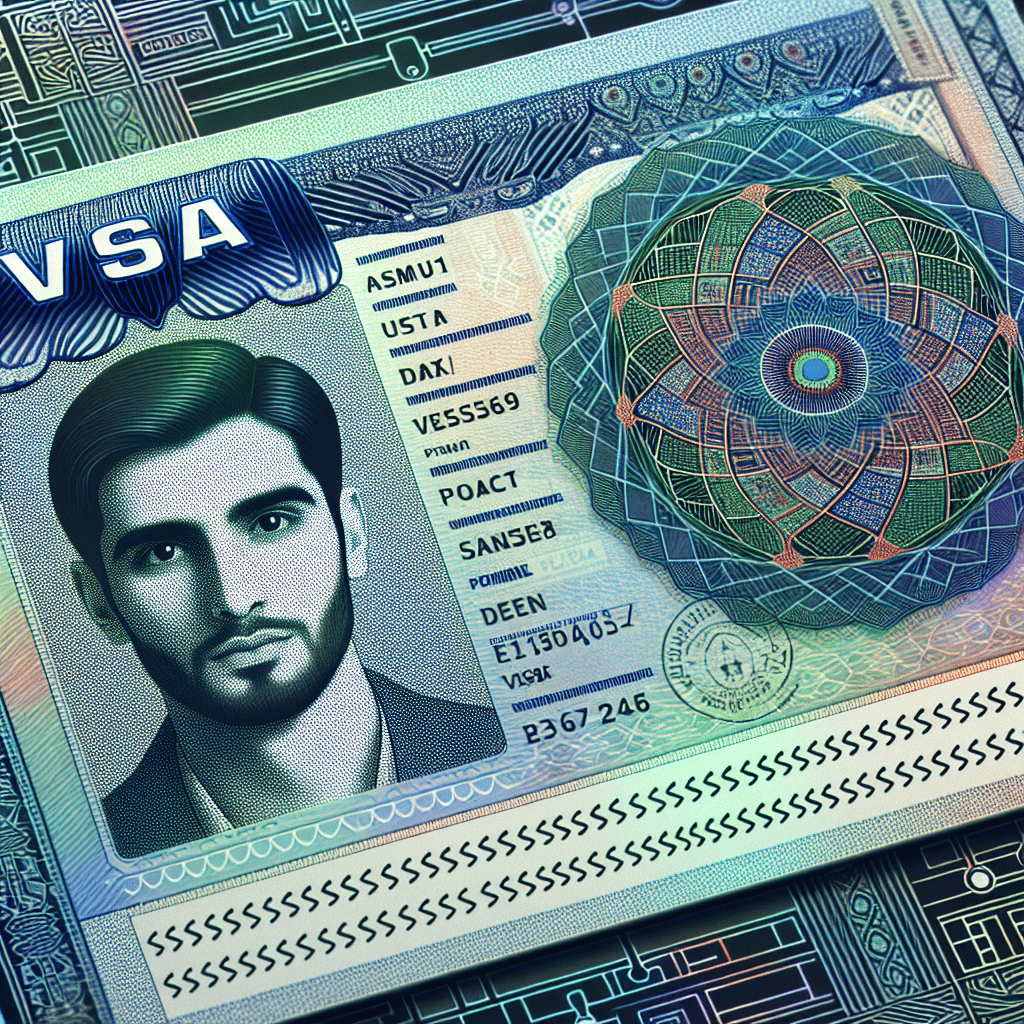
Wrapping Up
In an increasingly digital age, understanding electronic visa processing has evolved from merely a nice-to-know concept to a fundamental element of international travel. Its importance cannot be overstated as it cements itself as an essential part of the modern travel landscape. The convenience, cost-effectiveness, and increased global accessibility conferred by electronic visas have transformed the way we perceive travel, marking a shift from traditional methods to a more future-ready approach.
However, this transformation brings with it an undeniable responsibility. Wired to a world of online transactions, safeguarding personal information has evolved as a crucial facet during the online visa application. A vigilant approach and an alert mind are essential weapons in the arsenal to stave off potential e-visa frauds that lurk in the cyberspace.
Understanding the intricacies of electronic visas not only enhances our knowledge but equips us with the power to navigate the digital world safely. By staying informed and vigilant, we can optimize the vast advantages of this system while minimizing the risks. Let’s initiated our journey cross-border with electronic visas responsibly.